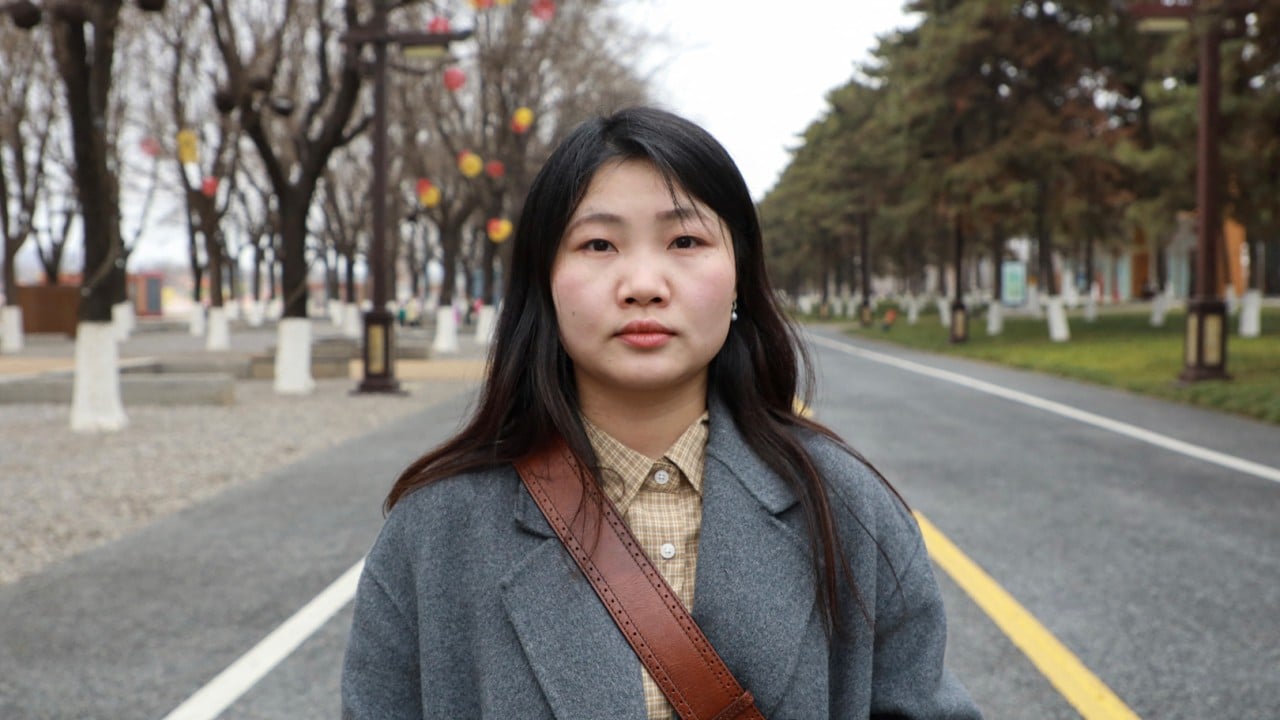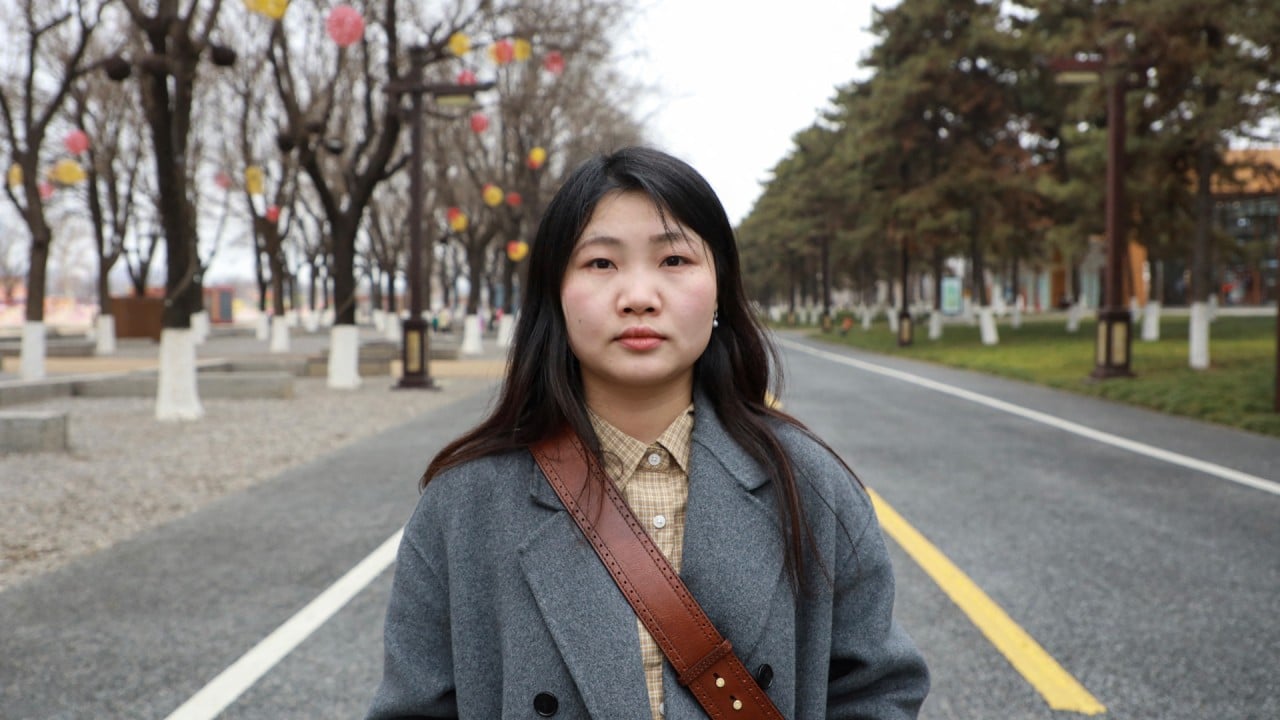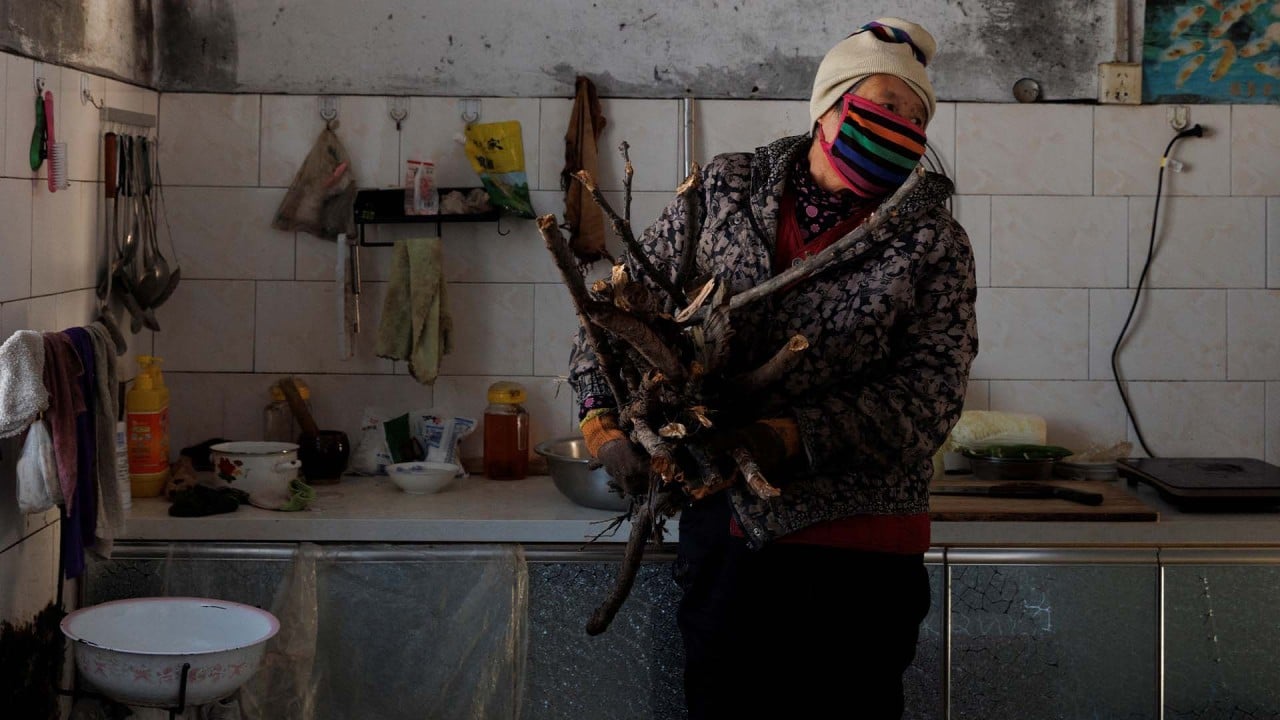When she was growing up in a small town in China’s northeast, Lisa Li’s parents constantly reminded her of the importance of getting a government job.
“They told me it provides security. It’s a real job. You won’t just be working to earn a living,” she said.
In keeping with her parents’ wishes, after graduating from college in 2013, Li sat the test for a job at China’s foreign ministry. But she failed to get in.
Next, she tried for a clerical job with the military, and failed again.
“I felt that I desired freedom too much to get in,” said Li, who now works as a website editor in Beijing.
But her parents have not given up hope. They have taken to setting her up on dates with men in government jobs – known colloquially as the “iron rice bowl” because their job security. Potential suitors have included a civil servant in Inner Mongolia and a member of staff at the cadre-training Central Party School in Beijing.
Li’s experience is common in the northeast, which includes the formerly industrial rust belt provinces of Heilongjiang, Liaoning and Jilin.
It was an unwritten social norm in China’s northeast for young people with government jobs to only marry each other, Zhao Dan, a doctoral student of sociology at Nanjing university, wrote in a new government-funded research paper.
It was not only an individual preference when picking out dates, but was also common at dating events organised by their companies or other social groups, Zhao said in the paper published in the June issue of China Youth Study, a monthly official magazine that discusses issues faced by young Chinese.
“Getting a job within the government system is like getting a passport to love and marriage,” Zhao wrote.
The study was based on interviews with 18 people from various age groups in an industrial city in northeastern China, who mostly worked in government or at state-owned companies.
One interviewee who used to work in a social services post at a government bureau told Zhao she was unable to sign up for a dating event organised by her supervisors.
She was told she did not have “official staff status” and organisers trying to persuade her not to attend said she would be “embarrassed to introduce herself at the event”, the paper said.
The impact of a “government job” on relationships even exceeded that of a good salary, education, individual ability, looks or even love, Zhao wrote. Even if someone had a high-paying job in the private sector, a house and a car, they usually did not have a stable relationship with someone with a government job.
The study tapped into a decades-old tradition in China of seeking bianzhi – a permanent position that comes with a pension and other benefits in government or government-affiliated institutions. And it is not only prevalent in the northeast.
The preference for stability comes from the experience of massive lay-offs in the 1990s. Back then, the industrial heartland was one of the centres of bankrupt and restructured state-owned enterprises, leading to many being dismissed with minimal compensation.
A woman who grew up in Harbin, the provincial capital of Heilongjiang, told the Post in an interview that of all her classmates, fewer than 10 were in small business. The rest had government or state company jobs, including as a civil servant, teacher, doctor, police officer or court judge.
“They often marry others with the same social status. A police officer married a nurse, and another nurse married a gym teacher,” she said.
According to the study, this societal evaluation system has led to young people in the northeast only seeking government jobs. Others have left the region to seek better opportunities in other cities.
“It has hindered society from opening up in the northeast,” the paper said. “It might also lead to a waste of talent, speed up the rate of unemployment and people choosing to be single.”
Li said that like her, most of her classmates had left their hometown. Those who came back after higher studies often had a family business.
One of her classmates graduated with a degree in English from Xiamen University in the southeast, only to return to manage a cemetery business. Now her family owns the biggest cemetery plot in her city.
In recent years, the importance of the northeast as China’s industrial and agricultural base has been repeatedly emphasised, with authorities encouraging full revitalisation of the region.
At a meeting in Heilongjiang in September, President Xi Jinping again called for the region to “write a new chapter” in revitalisation, as he hailed its “rich resources, solid industrial foundations, favourable geological locations and significant development potential”.
Local governments make their own efforts in the winter, attracting millions across China with snow and ice tourism.
However, Zhao warned that even though these measures prompted some young people to return to their hometowns, the region’s industry structure had to be upgraded, and society needed to adopt a more diverse evaluation system to be more tolerant and open.
“Only then can the young people in the northeast have better career and dating choices,” Zhao wrote. “That’s a key measure to addressing the region’s declining birth rate, ageing society and talent loss.”




